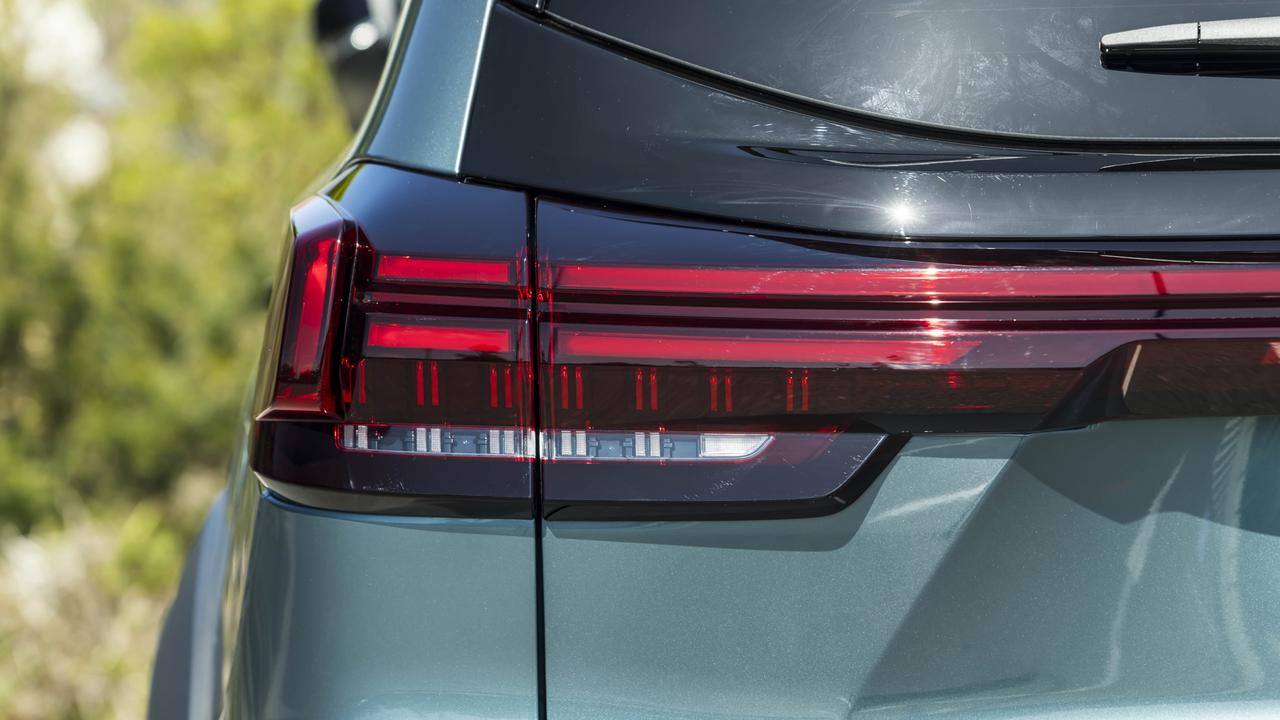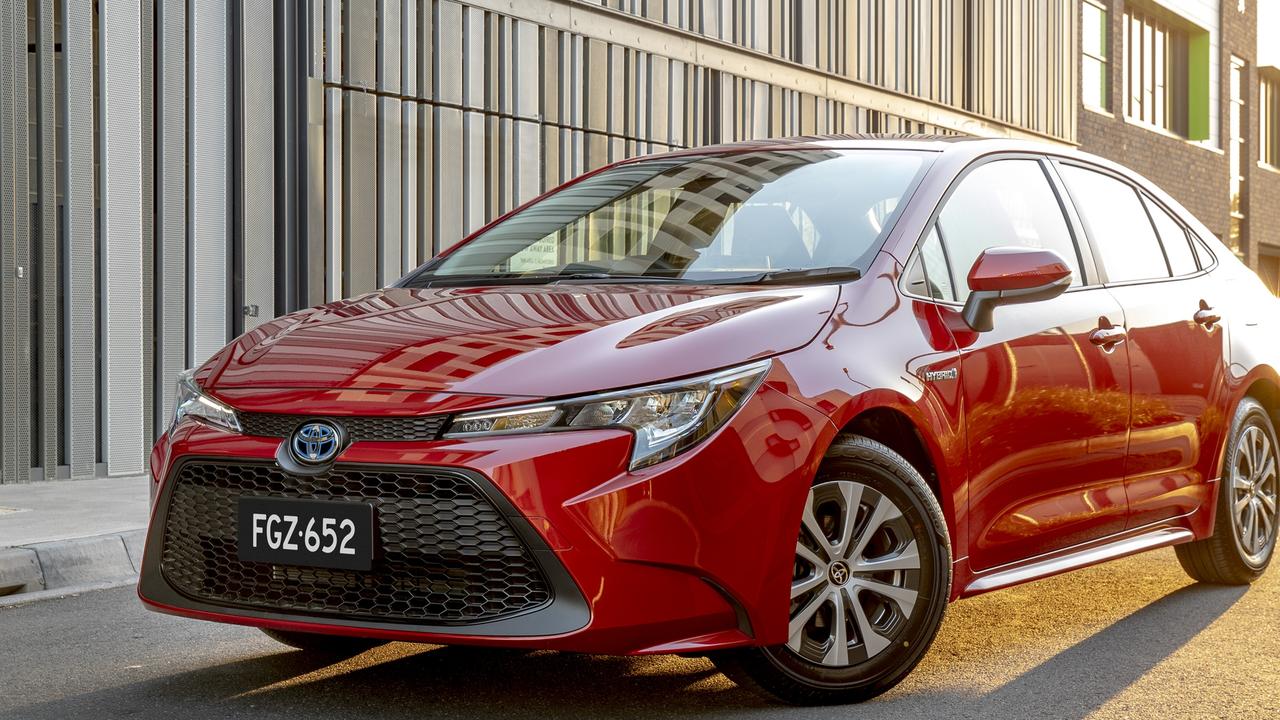Hyundai says battery life and resale uncertainty is harming EV uptake
A top car company executive says consumers and car dealers are spooked about the ramifications of buying or trading a second-hand electric vehicle.
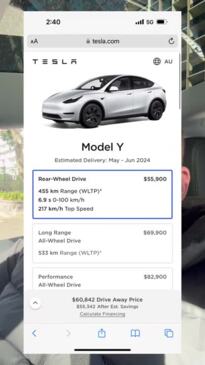
Hyundai believes uncertainty over residual values and battery longevity are eroding consumer confidence around electric vehicles.
The brand, which was one of the early pioneers for EVs in the local market, is less than bullish about the used EV market in the wake of recent heavy discounting by rivals.
Hyundai chief operating officer, John Kett, said recent discounting of electric vehicles was “disturbing” the EV market, while at the same time car dealers and customers were unclear about what the long-term future of an EV might look like.
“If everyone pushes a certain way (on pricing) we might have to respond but residuals are key, the second life of the EV is something I think we’re all trying to try to work our way through to give consumers confidence that an EV does have a life beyond its eight-year battery warranty,” he said.
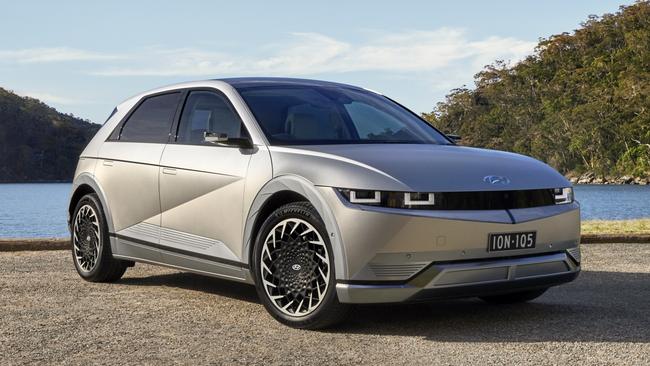
Rather than match its rivals’ deep discounts Hyundai was looking to create stability around pricing and resale value through the launch of its own finance company, Hyundai Capital, which would become involved in guaranteeing the future value of electric vehicles bought through the network.
“This is where we can start truly getting involved in guaranteed future values and giving people confidence around these vehicles. We’re going to have to play that game now. That’s where we think the sustainability of EVs will be,” he said.
“When someone’s able to improve the confidence around the second ownership of that vehicle, we think that will bring greater confidence for consumers”.
He said the problem also extended to dealers, who were wary of accepting EV trade-ins due to the uncertainty around resale and the life of the car past its eight-year battery warranty.
“They’ll certainly engage in trade-ins around Hyundai EVs but they are a little bit reluctant to do other brands,” he said.
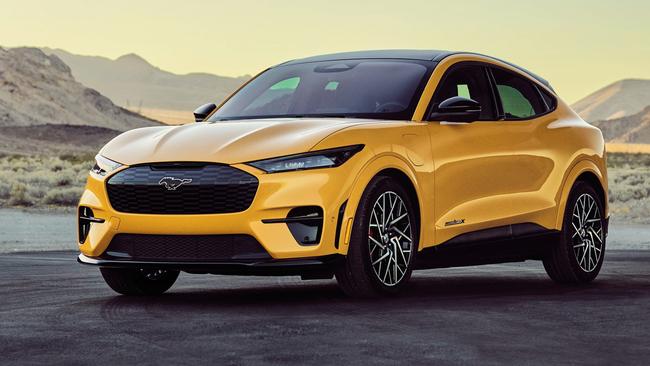
The uncertainty around resale values could become “the nemesis” of widespread EV adoption, Kett said.
He said the entry of budget Chinese electric vehicles could also upset the market.
“I think everyone’s nervous about it,” he said.
“There’s no doubt they will disturb pricing.”
He said some established top-ten brands who were slow to adopt EVs and hybrids would be “at some risk” of being overtaken by Chinese makers.
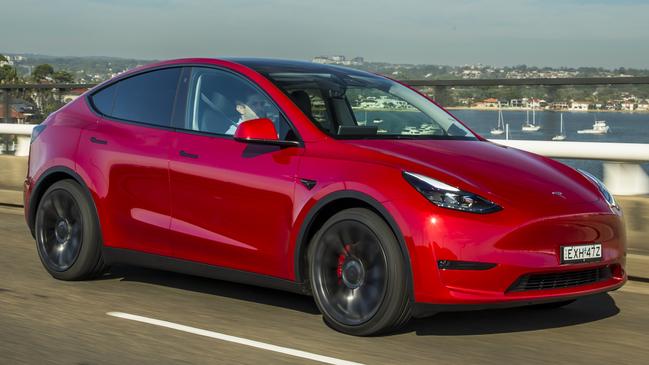
So far, Hyundai hasn’t blinked amid the latest EV discount war.
Last weekend, Ford slashed thousands of dollars from its Mustang EV in response to slow sales.
The discounting is angering EV buyers who bought a new-car only to see it offered for thousands of dollars less a week or two later, severely denting their car’s resale value.
Kett said the brand could potentially introduce discounts when its older Ioniq 5 and Ioniq 6 models were in run-out but it was more concerned about protecting resale values.


